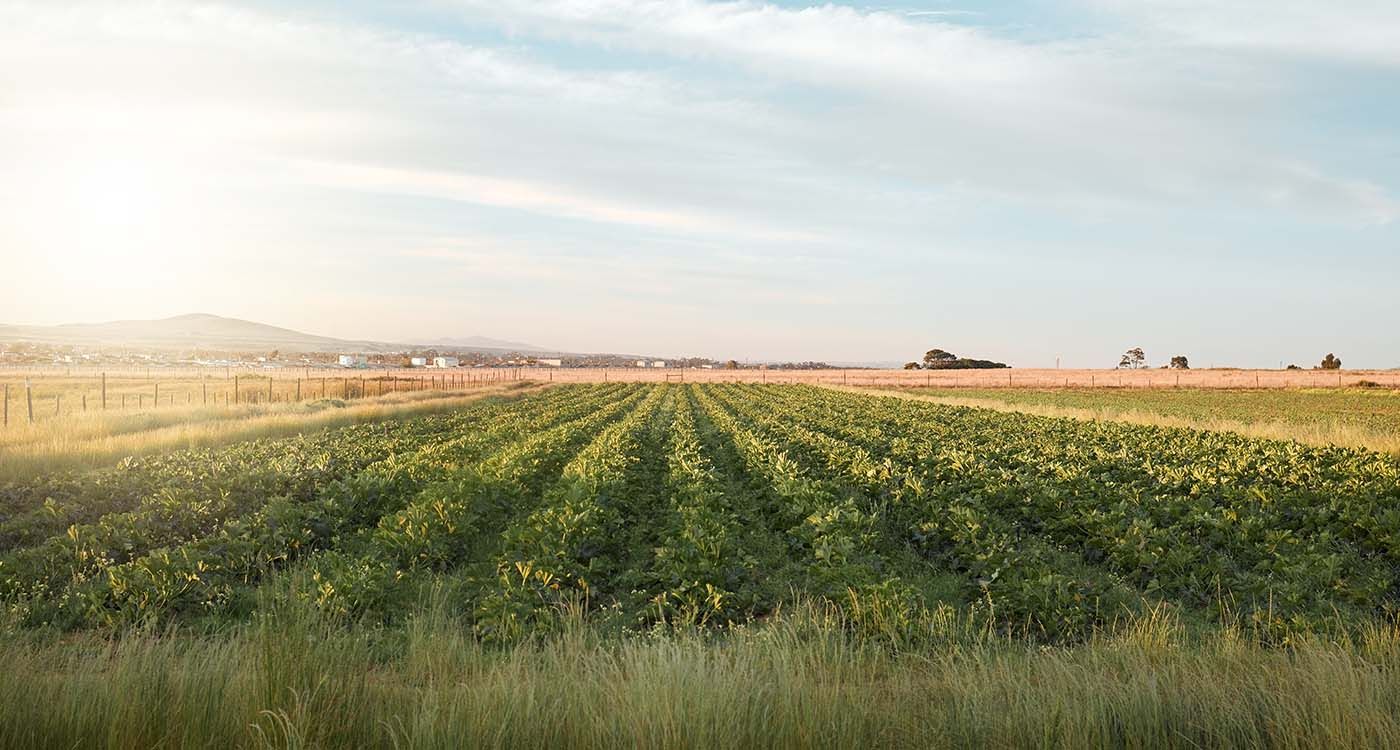
Despite the acclaimed quality of its fruits and vegetables, Lebanon is struggling to sell its harvests. With land routes to the Gulf blocked, foreign competition intensifying and export costs soaring, pressure is mounting on an already fragile sector. Now, Agriculture Minister Nizar Hani is sounding the alarm – urging swift and tangible action to save this pillar of Lebanon’s rural economy.
Lebanon’s land still gives, but the market no longer answers. At a recent Cabinet meeting, Agriculture Minister Nizar Hani issued a stark warning: Lebanese agriculture is at a breaking point. With distribution in crisis, export routes to the Gulf shut down and a stifling economic climate, the sector is being pushed to the edge.
“Maritime shipping is costly and slow; it undermines the competitiveness of our fresh produce,” Hani told This is Beirut, calling for the urgent reopening of the overland route through Saudi Arabia – a “vital passage” for the sector. “During harvest season, this route isn’t a luxury; it is a necessity.”
The numbers lay bare the truth. In 2019, Lebanon exported $25.6 million worth of agricultural goods to Saudi Arabia. Since 2022, the figure has dropped to zero – not a single dollar.
Across the Gulf, Lebanese agricultural exports have dropped from $21.5 million in 2019 to just $9.2 million in 2025 – a steep fall with catastrophic economic repercussions.
Quality Produce… But No Market Access
Lebanon is internationally renowned for the exceptional quality of its fruits: apples, citrus, bananas, grapes, cherries, peaches, apricots and, more recently, avocados, a rapidly growing crop.
Lebanese apples, for example, are mainly exported to Egypt, with volumes reaching up to 100,000 tons annually depending on the harvest. Citrus fruits head to Iraq, Jordan and Syria, while Lebanese grapes reach markets as far as Europe, Africa and East Asia.
Even the famed Lebanese potato has found a place on European shelves, thanks to agreements meeting EU phytosanitary standards. Yet this success remains fragile, hinging on seasonal factors, limited European production and, above all, competitive pricing.
Fierce Competition on Unequal Terms
Competition is intense: Turkey, Europe and Egypt – all produce similar crops, often at lower costs. European free trade agreements, which remove customs duties among member states, expose Lebanese products to uneven competition, particularly in Arab and Gulf markets.
To meet these challenges, the minister emphasizes two key levers: quality and cost. This means producing healthier crops with fewer diseases, lowering logistical expenses, adopting modern, water-efficient farming methods, ensuring pesticide-free produce and implementing traceability systems demanded by importing countries.
Backing Minister Hani’s approach, the Ministers of Industry and Economy, Joe Issa al-Khoury and Amer Bisat, have pledged to revisit trade agreements, protect local producers and reopen export routes. The Cabinet has committed to making this a top priority by launching legislative and diplomatic efforts to revive markets and safeguard Lebanon’s harvests.
Behind every crate of unsold apples, potatoes or cherries is a family, a village and a local economy under strain. Without decisive action, Lebanon’s rural communities risk fading away.




Comments